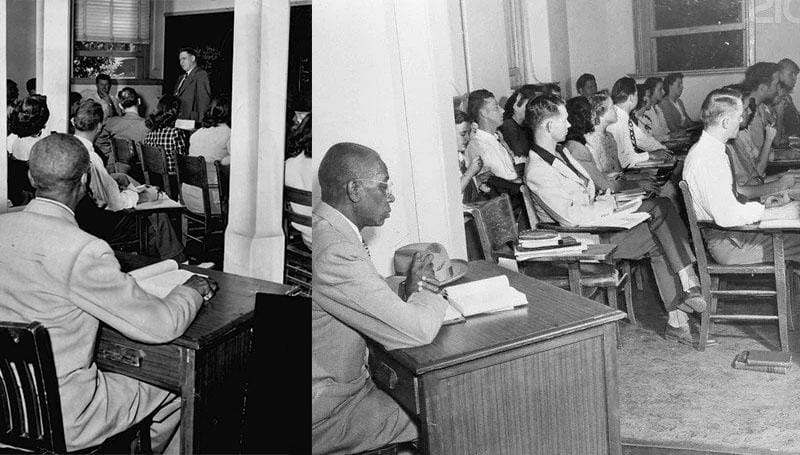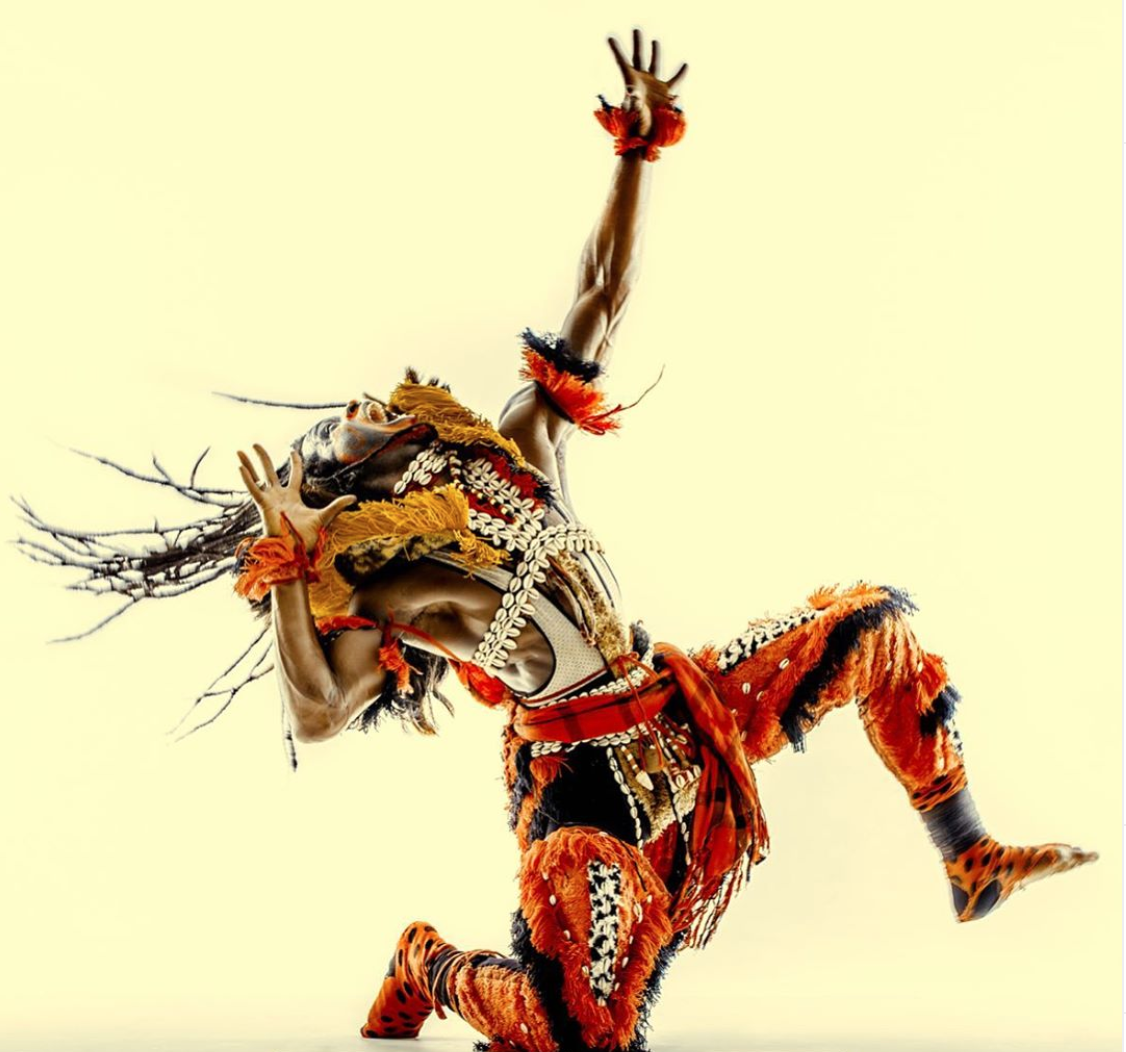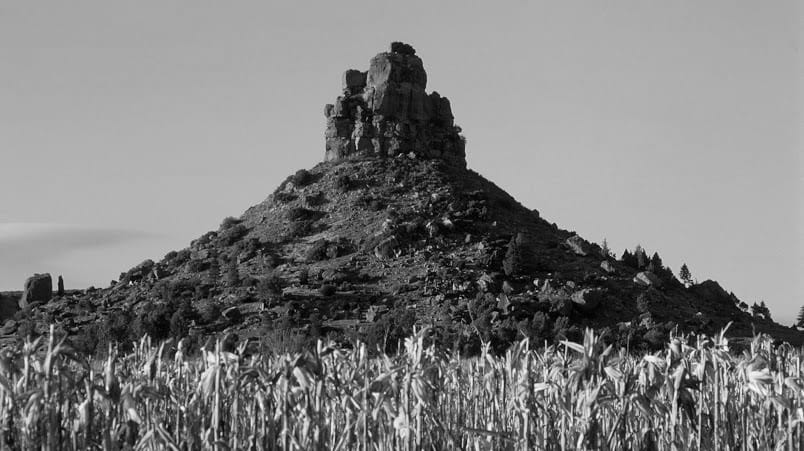Loosely translated, umlotha is a Zulu word for ashes. Over many years, African peoples around the continent have used ashes for various purposes including cleansing, protection and other healing purposes sometimes in a form of isiwasho (blessed waters). Here the song explores these aspects at a sonic register but also look at the symbolic spheres of ashes.
That is to say, in this piece I look at ashes as evidence of a particular event having taken place –– a trace of past happenings. In the context of the continent, I think about the erasure of our histories and how one remembers from such disparities of evidence. Again, at a sonic register, how do we recall sounds that have been removed and displaced from their source –– how do we tell stories that have been stolen from their originators?
Africa suffers a history of burnt memories. In this sense, umlotha symbolises the post-burning and that which remains after these catastrophes (slave trade, colonization and apartheid) have gone. But umlotha also represents a refusal to be completely removed from history, it is a mode of protest. For instance, in the context of a ritual ceremony, umlotha lives as remains representing the success of a given ceremony but also a living memory of the intensions coded in ritual.
How do we re-member as Africa
How can we reuilding from the ruins, the ashes? How can we develop our language from they stop developing?




